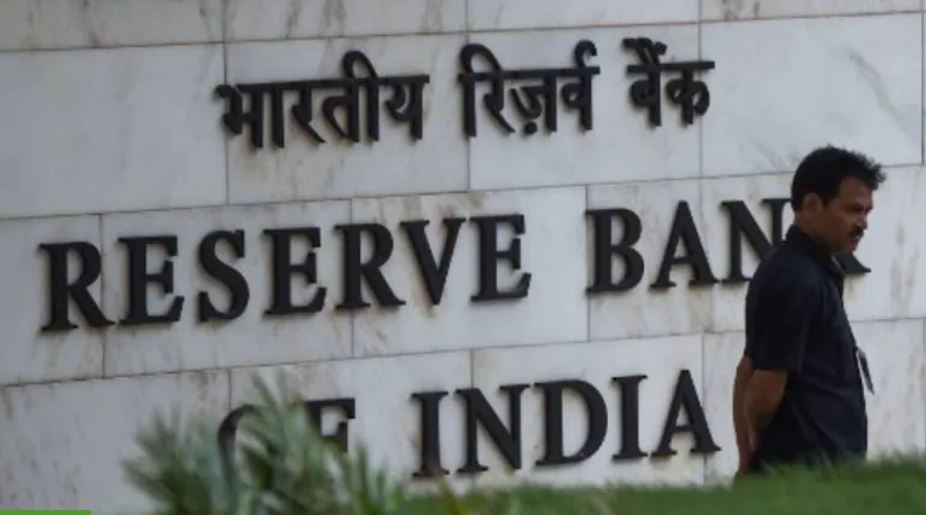
The RBI advisory is in the wake of various complaints and reports about customers falling prey to frauds being perpetrated in the name of KYC updation.
The Reserve Bank of India (RBI) on September 13 cautioned the public against fraud related to Know Your Customer (KYC) documents.
The central bank warned against sharing account login details, personal information, copies of KYC documents, card information, PIN, password, OTP, etc. with unidentified persons or agencies.
Further, such details should not be shared through unverified or unauthorised websites or applications, the RBI said.
"In case they receive any such requests, customers are requested to get in touch with their bank/branch," the RBI said.
The RBI advisory is against the backdrop of various complaints and reports about customers falling prey to frauds being perpetrated in the name of KYC updation.
Explaining the nature of such frauds, the RBI said the usual modus operandi in such cases include receipt of unsolicited communication, such as calls, SMSs, emails, etc. by customer urging him or her to share certain personal details, account / login details/ card information, PIN, OTP, etc. or install some unauthorised/ unverified application for KYC updation using a link provided in the communication.
Such communications are also reported to carry threats of account freeze/ block/closure. Once a customer shares information over call/message/unauthorised application, fraudsters get access to the customer’s account and defraud him/her, the RBI said.





















